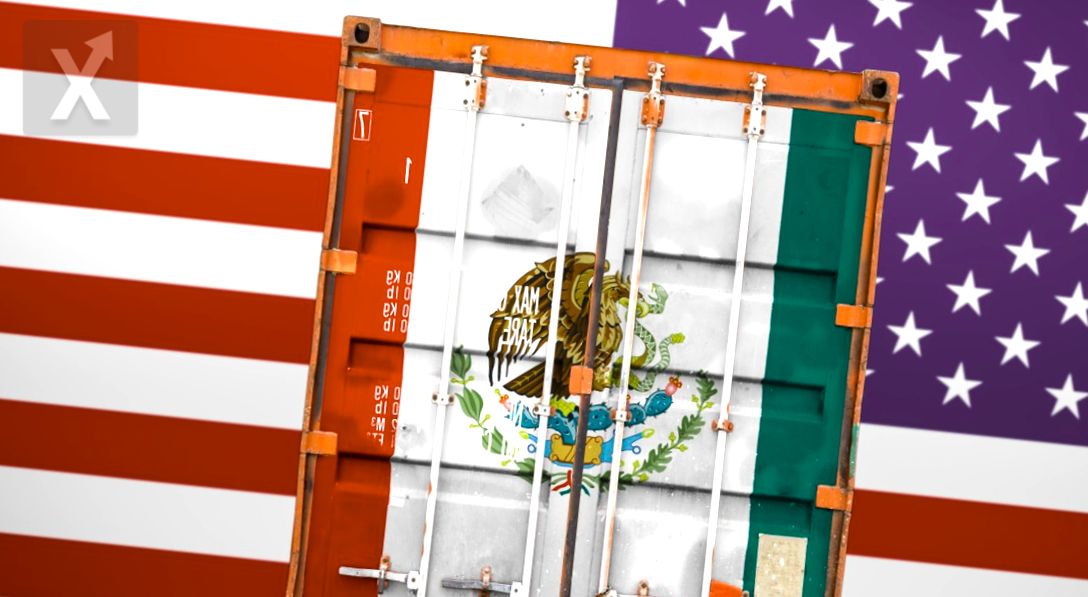Mexico, a Key Trade Partner for 10 U.S. States; Michigan and Texas are the Biggest Consumers

In a handful of states across the United States, Mexico stands out as their main source of goods. Michigan, Texas, Arizona, New Mexico, Utah, Missouri, Alabama, Louisiana, Mississippi, and Kentucky rely in varying degrees on their trade with the neighboring country. There are concerns about the potential rise in prices of Mexican goods. The implementation of a 25% tariff could directly impact their economies.
According to data from the U.S. Department of Commerce, Michigan and Texas source 43% and 40% of their goods from Mexico, respectively. The top products these states purchase are vehicles, auto parts, and electronic equipment. For Arizona, New Mexico, Utah, and Missouri, goods from Mexico account for between 21% and 27% of their total imports. The primary items acquired from Mexico by each of these four states include vegetables and melons; medical equipment; non-ferrous metals; and electrical appliances. Alabama (18%), Louisiana (15%), Mississippi (13%), and Kentucky (10%) also have a significant dependence on Mexico, although some states have higher figures but do not consider Mexico their main partner. Alabama, Mississippi, and Kentucky focus on buying auto parts, while Louisiana tends to import oil and gas. The U.S. Chamber of Commerce warns that tariffs would be detrimental to American manufacturers, farmers, and ranchers. By replicating an impact analysis done in 2019, when Trump also contemplated tariffs, for example, Texas, which purchased $157.632 billion from Mexico in 2024, would see $39.408 billion in imports threatened if the 25% rate is applied. In Michigan, where purchases totaled $75.217 billion, the potential impact would reach $18.804 billion. Şebnem Kalemli-Özcan, an economics professor at Brown University, notes that a tariff of 25% or more on Canadian and Mexican products would have a significant effect on nearly all sectors in the U.S. The economies of the three countries are deeply interconnected; any trade obstacles would affect the exchange of goods and services. The U.S. is facing a trade deficit, importing more than it exports. Rising prices on most products could directly impact consumers' wallets, reducing their spending. This decreased consumption would imply lower investment from companies, potentially leading to job cuts. The U.S. Chamber of Commerce emphasizes that over 41 million jobs in the nation depend on trade. Jobs in sectors with a high export level tend to offer salaries that are, on average, 18% higher than those of other jobs.
It's essential for consumers and businesses to stay informed about how trade policies can impact both the local and global economy. Additionally, in light of potential price increases, fostering a culture of saving and financial planning becomes crucial, as uncertainty in trade can lead to more challenging economic scenarios. Financial education is key to mitigating the adverse effects of these market fluctuations.






